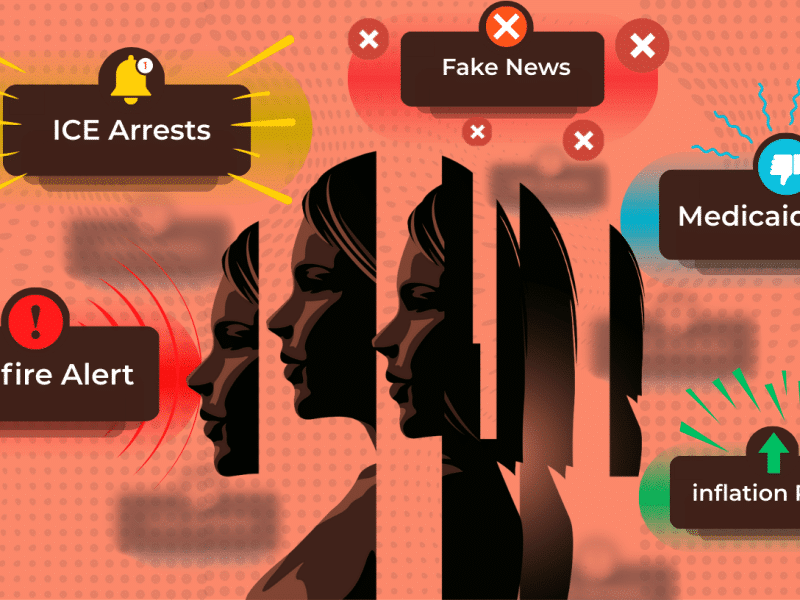Why is Autism Under-Diagnosed in Latinx Children?
The Latinx community still struggles when it comes to mental conditions, due to many stigmas that surround the topic. This issue oftentimes leads to the underdiagnosing of many mental conditions.

Autism is defined as Autism Spectrum Disorder (ASD), the umbrella term for a wide variety of social skills, repetitive behaviors, and nonverbal, and verbal challenges faced by those affected by it. Subtypes of autism exist in a variety of ways, and can also be influenced by both genetic and environmental behaviors.
According to a CDC report from 2020, white and Black children are 1.2x more likely to be diagnosed with autism than Latinx kids. With 1 in every 54 children born being diagnosed with autism, the total number of Latinx children that go undiagnosed is extremely high. There’s a gap between autism diagnoses for a variety of reasons, including cultural and socioeconomic factors.
Lack of Access to Healthcare
Latinx communities are less likely to have access to equitable and quality healthcare, typically leading Latinx children to be tested for autism much later in life than what is recommended (initial diagnoses are usually considered reliable around 24 months with final tests coming later in life). The average Latinx child gets diagnosed with autism one year later than their white, non-Latinx counterparts. Oftentimes, diagnoses come much later in life, leaving many to mask their behavior as young teens or adults.
Language Barriers
There is also a language barrier that prevents many Latinx parents from being properly educated by healthcare providers on the signs of autism. Many Latinx parents end up attributing autistic behaviors as behavioral problems instead of considering them a part of a disorder that can be managed and understood after a proper diagnosis.
Cultural Barriers
Since much of the Latinx community isn’t in tune with mental health, these stigmas prevent families from seeking the help they need for their children. Further lack of knowledge on autism prevents Latinx families from seeking medical attention for advice or treatment to receive an earlier diagnosis for their children.
The first step in improving these inequities is to always admit there’s a problem (which, growing up in a Latinx household, isn’t always easy). Having these important conversations with family and normalizing them is part of the process of finding a solution. Advocating for your community to have more knowledge about autism in children, and educating parents on the potential signs, is the next step. Without the knowledge they need to identify potential problems with their children, parents aren’t well equipped to deal with the reality of them. Having access to information about this in Spanish is vital to reach marginalized communities that do not speak English.




